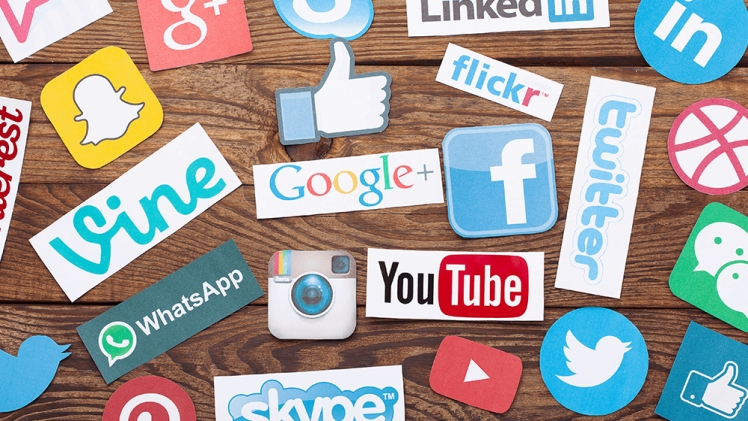In the 21st century, social media has become an omnipresent force, transforming the way we communicate, share information, and perceive the world around us. From the early days of online forums to the sophisticated platforms of today, the evolution of social media has been nothing short of revolutionary. As we navigate this digital landscape, it’s crucial to examine the profound impact of social media on our lives, relationships, and the broader societal fabric.
At its core, social media is a digital agora—an expansive virtual space where individuals connect, share, and engage in real-time. Platforms like Facebook, Instagram, Twitter, and Snapchat have woven a complex web of relationships, enabling users to share their lives, thoughts, and experiences with an audience that spans the globe. These platforms have redefined the concept of socialization, breaking down geographical barriers and providing a constant stream of connection.
The democratization of information is one of the defining characteristics of social media. News no longer unfolds solely through traditional media outlets; it breaks on Twitter, is discussed on Facebook, and is visually narrated on Instagram. Social media empowers individuals to be both consumers and creators of content, reshaping the dynamics of information dissemination. However, this democratization has its challenges, with the rapid spread of misinformation and the need for media literacy becoming critical considerations in the digital age.
The influence of social media extends beyond personal connections, playing a pivotal role in shaping public opinion and fostering societal movements. Hashtags have become powerful tools for activism, with movements like #MeToo and #BlackLivesMatter gaining momentum through online platforms. Social media serves as a catalyst for awareness, mobilization, and advocacy, giving a voice to marginalized communities and challenging established norms.
While social media facilitates connection and activism, it also introduces complexities to personal relationships. The curated nature of online personas can create a distorted reality, leading to social comparison and, at times, a sense of inadequacy. The pressure to maintain a flawless online image can contribute to mental health challenges, emphasizing the need for a balanced and mindful approach to digital engagement.
Businesses and brands have recognized the potential of social media as a marketing and engagement tool. Platforms like Instagram and Twitter have evolved into marketing powerhouses, offering businesses direct access to their target audience. The rise of influencers—individuals with significant online followings—has transformed social media into a marketplace where trends are set, products are endorsed, and consumer behavior is influenced.
However, the commercialization of social media raises concerns about privacy and the ethical use of data. The collection and utilization of user information for targeted advertising have sparked debates about the balance between personalized user experiences and the protection of individual privacy. As users, it’s crucial to be informed and vigilant about the ways our data is utilized within the digital realm.
In conclusion, social media has become an integral aspect of our interconnected world, influencing the way we communicate, consume information, and engage with society. The digital landscape it creates is both empowering and challenging, offering unprecedented opportunities for connection while demanding a critical and mindful approach. As we navigate the social media revolution, understanding its impact on personal relationships, societal movements, and the broader information ecosystem becomes essential in harnessing its potential for positive change in our rapidly evolving digital age.

